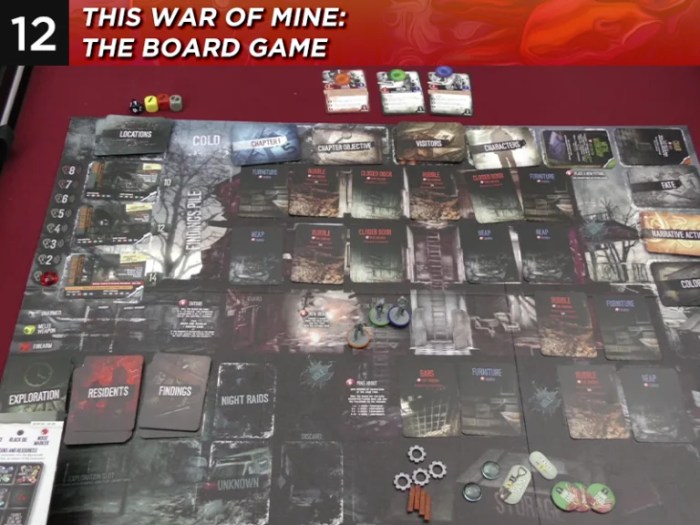Introduction to Online Gaming for Kids

In today’s digital age, online gaming has become an integral part of children’s entertainment and social interaction. The significance of online games in children’s development cannot be overstated, as they offer opportunities for learning, creativity, and teamwork. Recent studies show that around 70% of children aged 6-14 engage in online gaming regularly, highlighting its popularity among youngsters. However, while online gaming presents numerous benefits, it also comes with potential risks that parents should be aware of, including exposure to inappropriate content and excessive screen time.
Criteria for Selecting the Best Online Games
Choosing the right online games for children involves several essential criteria. It is important to consider age-appropriate content, ensuring that games are suitable for the maturity level of the child. Games should possess features that promote educational value while still being entertaining. Additionally, parental guidance is crucial in selecting games that foster creativity, critical thinking, and social interaction among peers.
- Age Appropriateness: Ensure games cater to the specific age range of the child, avoiding those with violent or explicit content.
- Educational Value: Look for games that teach skills such as problem-solving, teamwork, and creativity.
- Entertainment Factor: Games should be engaging and fun to maintain children’s interest and participation.
Categories of Online Games for Kids
Online games can be categorized into various genres, each offering unique benefits for children. Understanding these categories helps parents select games that align with their child’s interests and developmental needs.
- Educational Games: These games focus on teaching concepts such as math, science, and language skills through interactive methods. Popular examples include “Prodigy Math” and “Kahoot!”
- Adventure Games: Games like “Minecraft” and “Roblox” allow children to explore vast virtual worlds, fostering creativity and problem-solving skills.
- Puzzle Games: Games such as “Cut the Rope” and “Candy Crush” enhance critical thinking and strategic planning as children solve various challenges.
Top Online Games Recommended for Kids
Below is a curated list of some of the best online games for kids, along with their age recommendations and key features.
| Game Title | Age Recommendation | Gameplay Mechanics | Educational Aspects |
|---|---|---|---|
| Minecraft | 8+ | Building and exploring in a sandbox environment. | Promotes creativity and resource management. |
| Prodigy Math | 6-12 | Math-based quests and interactive challenges. | Enhances math skills through engaging gameplay. |
| Roblox | 10+ | Creating and playing games designed by users. | Encourages coding and game design skills. |
Safety Guidelines for Kids Playing Online Games
Ensuring a safe gaming environment is essential for children. Various gaming platforms offer parental controls that can help monitor and restrict certain content.
- Parental Controls: Familiarize yourself with the parental control settings on gaming consoles and platforms, enabling restrictions on game purchases and communications.
- Safe Gaming Environment: Create a dedicated gaming space where you can supervise your child’s gaming activities.
- Monitoring Habits: Regularly check in with your child about their gaming sessions, discussing the games they play and the friends they interact with.
The Role of Parents in Online Gaming
Parents play a crucial role in shaping their children’s online gaming experiences. Engaging with children about their gaming interests can foster positive habits.
- Engagement: Play games together with your child to better understand their interests and the content they are exposed to.
- Encouraging Healthy Habits: Promote balance by setting time limits for gaming and encouraging outdoor activities.
- Discussion: Ask questions about the games they play, focusing on their experiences and what they enjoy about them.
Future Trends in Online Gaming for Kids

The online gaming landscape is constantly evolving, with emerging technologies like Virtual Reality (VR) and Augmented Reality (AR) poised to enhance children’s gaming experiences. As these advancements continue, we can expect changes in game themes and the incorporation of educational content.
- Emerging Technologies: VR and AR technologies are set to transform how children experience games, providing immersive environments that encourage exploration and learning.
- Game Themes: Future games may focus on environmental education and social topics, promoting awareness and empathy among young players.
- Evolution of Experiences: Innovations are likely to create more interactive and collaborative experiences, further enhancing social skills and teamwork in children.


